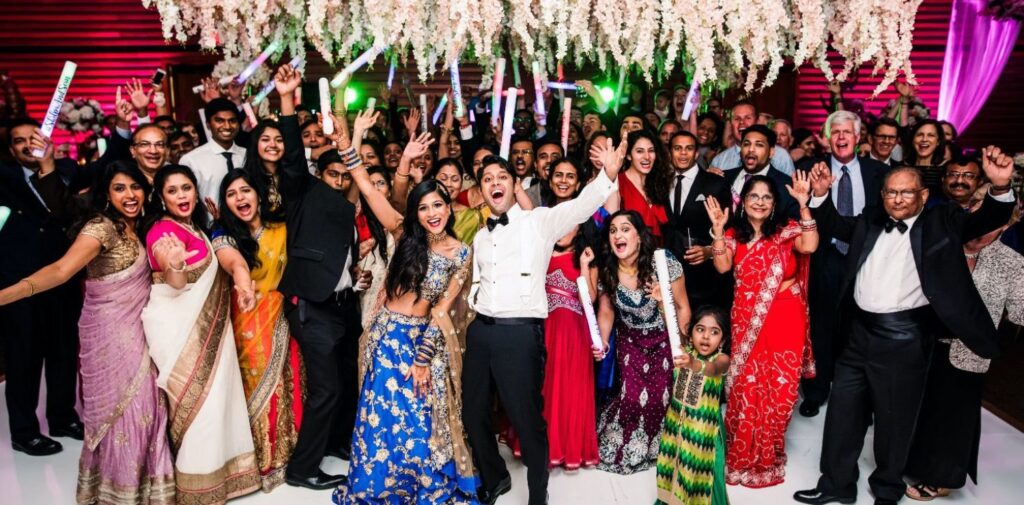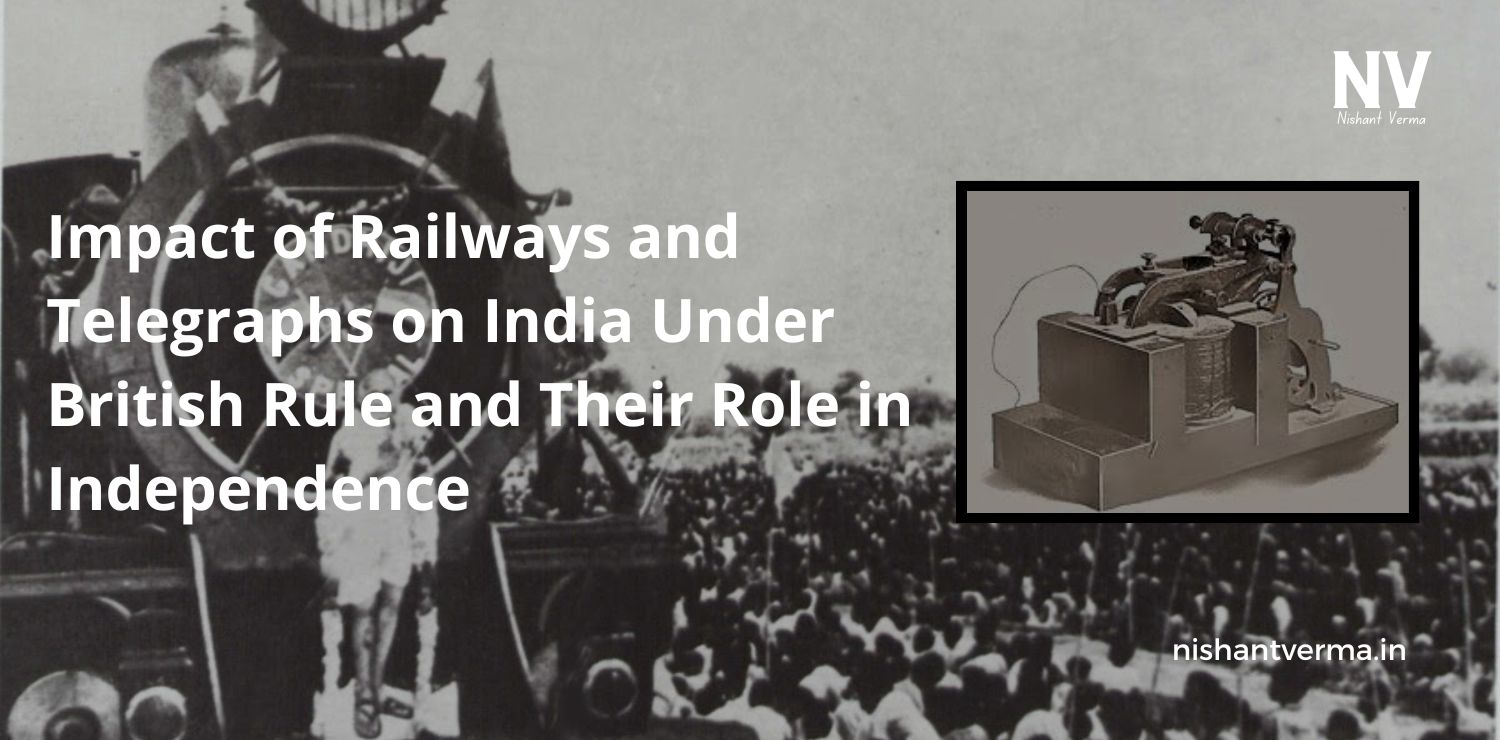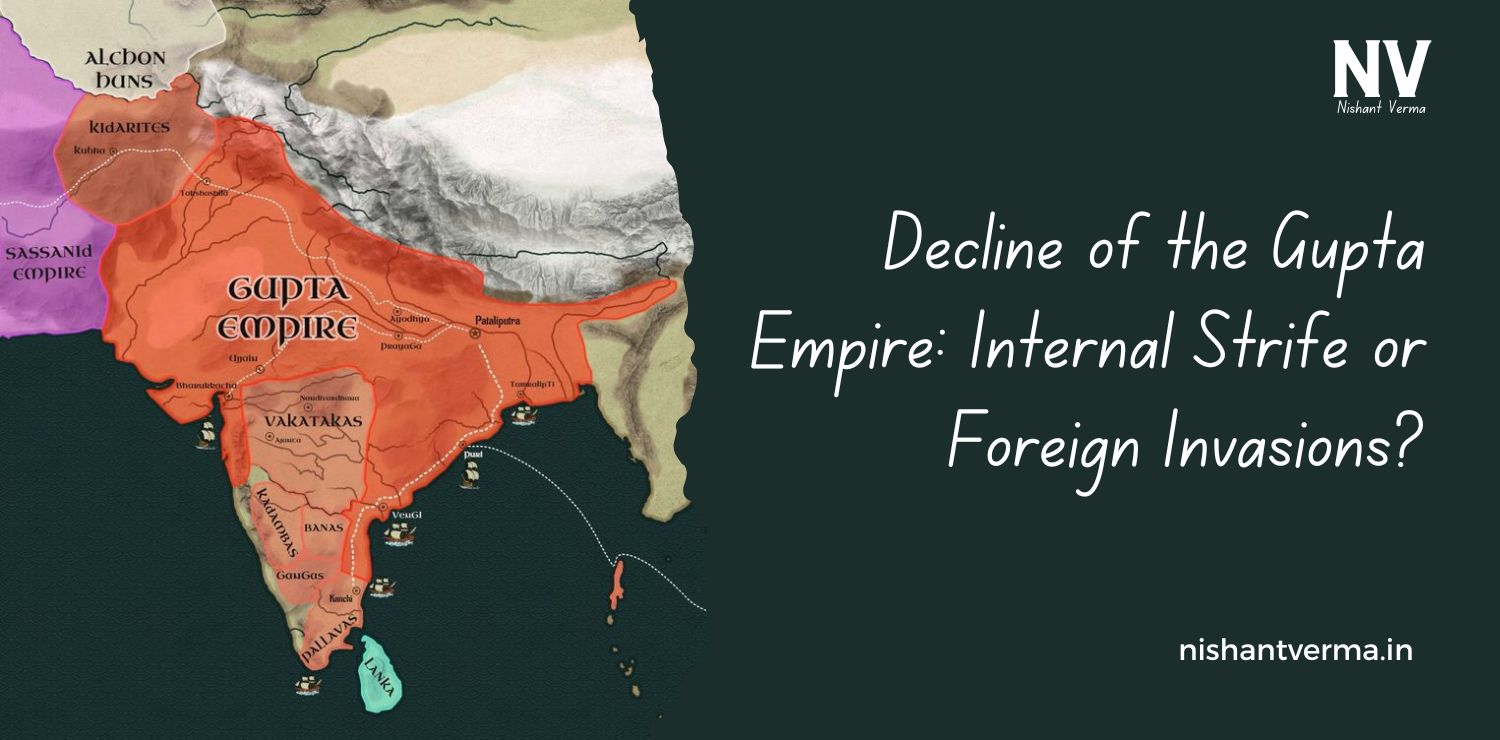Indian weddings are known for their extravagance, cultural richness, and grandeur, often lasting several days and involving hundreds, if not thousands, of guests. But beyond the emotional and cultural significance, Indian weddings are a key driver of economic activity. Often referred to as the “big fat Indian wedding,” these ceremonies have a far-reaching impact on various sectors, from fashion to event management, and hospitality to transportation. In many ways, Indian Marriages Lifeline for Economy, as they generate employment across a wide range of industries.
How Do Indian Weddings Create a Chain of Employment?
Indian weddings are labor-intensive events. The sheer scale of these celebrations means that multiple industries and sectors are involved, directly and indirectly, in ensuring that the ceremonies go off without a hitch. Each wedding becomes a temporary economic ecosystem, providing employment opportunities to millions of people. Here’s how:
Event Management and Planning
Indian weddings are complex, multi-day affairs that require meticulous planning and coordination. Professional event managers, wedding planners, and vendors are at the core of this operation. These professionals are responsible for organizing venues, coordinating with suppliers, managing guest logistics, and ensuring the smooth flow of events. This industry alone employs thousands of people, from full-time professionals to temporary staff who are hired for the duration of the wedding.
Weddings also employ service providers like photographers, florists, makeup artists, musicians, and entertainers, all of whom play a critical role in the celebrations. Each of these individuals, whether they’re freelancers or part of larger organizations, benefits from the wedding season in India.
Hospitality and Catering
Indian weddings are synonymous with lavish feasts and extravagant banquets. This provides a huge boost to the hospitality and catering industry. Hotels and banquet halls are often booked months, if not years, in advance, contributing significantly to the revenue of the hospitality sector. From luxury resorts to local community centers, all types of venues see increased business during the wedding season.
Catering services are equally crucial. The demand for high-quality food, beverages, and service personnel provides jobs to thousands of cooks, waiters, and support staff. Even small-scale vendors, such as those supplying traditional sweets or street food, benefit immensely from wedding-related orders.

Fashion and Jewelry Industry
Fashion plays a central role in Indian weddings, and the demand for bridal outfits, groom’s attire, and clothes for family members is a massive boost to the textile industry. Leading designers, boutique owners, tailors, and craftsmen are employed to create elaborate wedding outfits that are often passed down through generations. From embroidery to fabric selection, these weddings support jobs at multiple levels of the supply chain.
Jewelry is another significant component of Indian weddings. The custom of giving gold, diamonds, and other precious stones during weddings sustains India’s thriving jewelry industry. This tradition not only bolsters jewelers but also provides work for goldsmiths, designers, and artisans. The jewelry industry, which contributes heavily to India’s GDP, experiences a surge in demand during the wedding season, benefiting workers and businesses across the country.
Transportation and Travel
Indian weddings often involve guests traveling from different parts of the country or even the world. This results in a boom for the travel industry, with airlines, train services, and bus operators all benefiting. The logistics of transporting guests, the wedding party, and even decorative items require a network of travel services, which in turn creates jobs for drivers, chauffeurs, and travel agents.
Destination weddings have become increasingly popular in India, adding another layer of complexity and opportunity. Hotels and resorts in tourist destinations like Goa, Udaipur, and Jaipur see a significant influx of wedding-related bookings, further contributing to local economies.
Real Estate and Home Decor
With weddings often being a turning point in life, many couples invest in homes and real estate shortly after marriage. The real estate market sees a boost from these newlyweds who are looking to purchase property or upgrade their living arrangements. Additionally, the demand for home decor items, furniture, and interior design services sees a spike as new homes are furnished in preparation for married life.
The ripple effect of this investment in real estate and home decor extends to industries like furniture manufacturing, carpentry, and interior design, creating jobs and generating significant revenue for these sectors.
How Do Indian Weddings Affect Local Economies?
In many parts of India, weddings are not just a personal event but a community affair. Local economies are often heavily reliant on the wedding season. From small-scale tailors and artisans to flower vendors and caterers, local businesses thrive on the influx of orders and demand that weddings create.
In rural areas, traditional craftsmen who produce items such as handmade wedding attire, jewelry, and decor benefit immensely. Their livelihoods are often tied to wedding-related work, making weddings a crucial source of income for these communities.
Additionally, many families in India save for years to finance lavish weddings. The money spent trickles down through various sectors, stimulating economic activity at all levels.

What Role Does Technology Play in Wedding-related Employment?
In recent years, technology has further expanded the economic impact of Indian weddings. Digital platforms for wedding planning, online marketplaces for wedding attire and decor, and apps for guest management have all created new job opportunities in the tech and digital marketing sectors.
Platforms like WedMeGood, ShaadiSaga, and Weddingz have become popular for couples looking to plan their weddings efficiently. These platforms not only make the process easier but also create a demand for digital content creators, web developers, and online customer service representatives. The rise of e-commerce for wedding shopping has also led to an increase in jobs related to logistics, warehousing, and last-mile delivery.
How Do Indian Weddings Support the Economy During Economic Slowdowns?
One of the most remarkable aspects of Indian weddings is their resilience. Even during economic slowdowns or downturns, Indian families continue to invest heavily in weddings. This steady demand acts as a buffer for many industries, keeping employment levels stable and ensuring that money continues to flow through the economy.
For example, during the global financial crisis of 2008, many industries saw a sharp decline in demand. However, the wedding industry in India remained relatively unaffected. Families still spent lavishly on weddings, which helped support industries like hospitality, catering, and fashion, providing a lifeline during tough economic times.

Why Are Indian Marriages More Than Just a Celebration?
At first glance, Indian marriages may seem like grand celebrations filled with rituals, food, and dance. However, they are much more than that. They are economic engines that sustain jobs, boost local and national industries, and keep various sectors of the economy running smoothly. From small-scale artisans to large hotel chains, the economic impact of weddings is far-reaching and undeniable.
Weddings in India are often seen as a reflection of social status, and families are willing to spend generously to showcase their wealth and traditions. This cultural phenomenon is not only a boon for industries directly involved in weddings but also creates a trickle-down effect that benefits numerous other sectors of the economy.
Conclusion: Indian Marriages Lifeline for Economy
Indian marriages are indeed a lifeline for the Indian economy. The employment opportunities they generate, across a wide range of industries, are vital to the country’s economic health. From event management to hospitality, fashion to transportation, Indian weddings create a vast network of jobs that support millions of people. These celebrations are more than just personal milestones; they are key drivers of economic growth and stability.
The importance of Indian weddings extends beyond the cultural sphere and into the economic realm, where they serve as a critical source of income for businesses large and small. As long as the tradition of grand Indian weddings continues, they will remain a cornerstone of the Indian economy.




